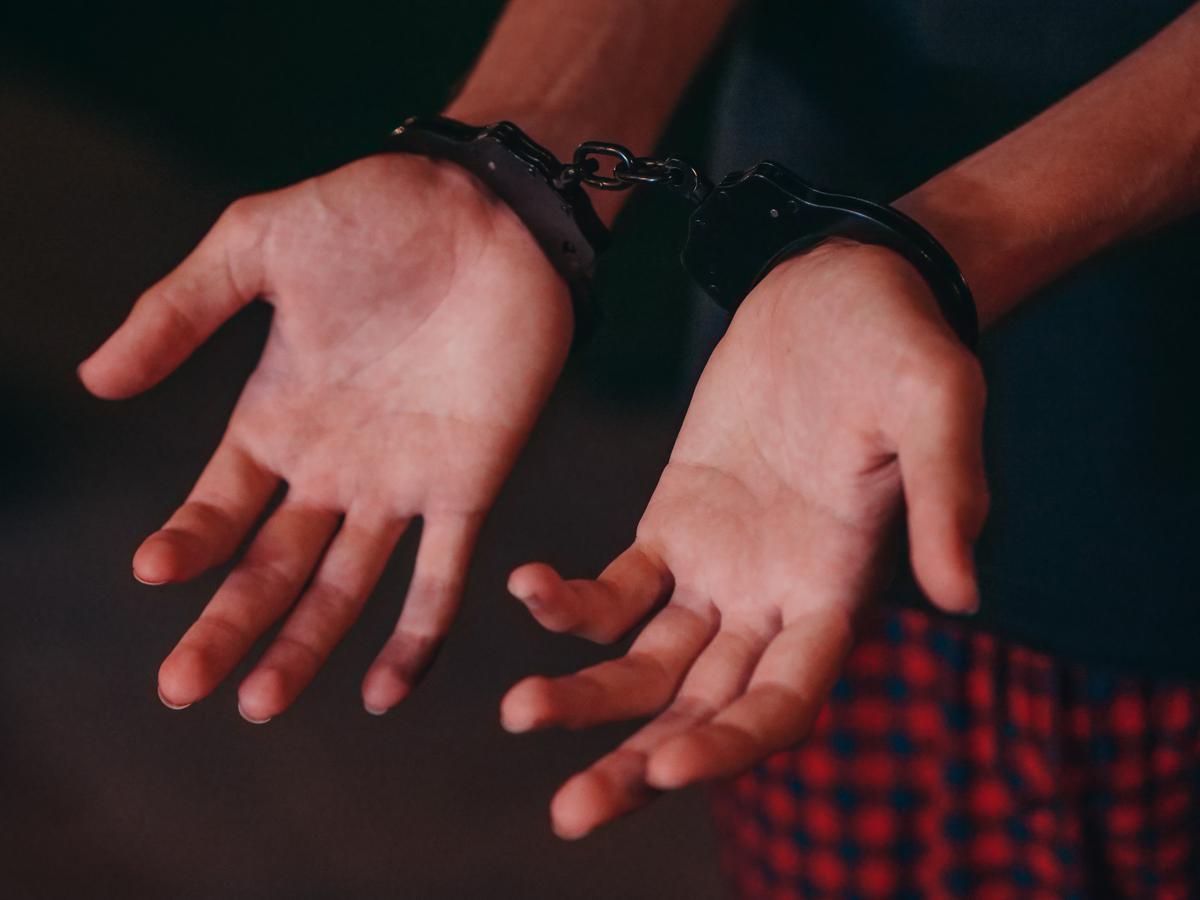
POCSO Act forces Adivasis in the Nilgiris into conflict with law, say activists
The Hindu
Youth under the age of 18 years in relationships within or outside marriage run foul of the stringent provisions of the Protection of Children from Sexual Offences Act
Kannan (name changed), a 19-year-old youth from an Adivasi community in Gudalur in the Nilgiris, was in love with 17-year-old Sumathi (name changed) from the same community, when he was charged by the All-Women Police for sexually assaulting his girlfriend, who he has been living with for the last year-and-a-half. Kannan, from an underprivileged Adivasi background, claims to not have been aware of the laws protecting young girls from being unlawfully married off prior to the age of 18, and though both he and his girlfriend are now of legally marriageable age, Kannan faces a long prison term as he was booked under Sections of the stringent Protection of Children from Sexual Offences (POCSO) Act.
Kannan is believed to be among 10 Adivasi youths from Gudalur and Pandalur taluks, who have cases pending against them in the courts under various sections of the POCSO Act, the Prohibition of Child Marriage Act, and even kidnapping. “Kannan is accused of kidnapping the girl on his motorcycle. How can any girl be kidnapped on a motorcycle and travel for a distance of 26 km as alleged in the FIR (First Information Report) filed against him?” G. Malaichamy, a lawyer handling such cases and defending members of Adivasi communities in court, said.
K.T.Subramanian, the secretary of the Adivasi Munnetra Sangam and the ASHWINI-Gudalur Adivasi Hospital, said that child marriage was prevalent among certain Adivasi groups in the Nilgiris. He said that the accused boy is in most cases was around 17 or 18 years of age, and in a relationship with a minor girl. “In most cases, the families agree to get the couple married, but when the girl becomes pregnant and visits the village health nurse, and they find out that she is a minor, or was married before she turned 18, they inform child welfare services or the local police,” Mr. Subramanian said, adding that in many cases, the accused and the victim were from the same community, and were completely unaware of the laws.
“To strengthen the case against the youths, the local police also sometimes exaggerate the offences and use terms like ‘repeated sexual assault’, when in reality, sexual intercourse between both parties was consensual,” Mr. Malaichamy said.
Two youths he was representing have been sentenced to more than 25 years in jail. “These children are from impoverished communities. Most of them don’t go to school, don’t have jobs, live inside the forest, and some don’t even have electricity in their homes. So it’s unfair that they are being criminalised for something they don’t even know is illegal,” Mr. Malaichamy said.
He added that although judges in the lower courts are sympathetic to the plight of the youths, they are invariably told to appeal to the High Court for relief. “Some of the families, including the alleged victim, walk to court to support the accused because they can’t even afford bus tickets. How can they approach the High Court?” Mr. Malaichamy said.
There have been precedents where the High Court has intervened in the interests of indigenous communities. Advocate K. Vijayan, who pleaded on behalf of the Toda community, managed to get an order in favour of the accused due to the “customary practices” of the Toda community. Mr. Vijayan said that the POCSO Act was extremely stringent, and puts the onus on the accused to prove his innocence. “Consider that a young Adivasi youth, around 20 years old, gets imprisoned for 10-15 years. He will come out a hardened criminal, and would have had to serve time for a crime he didn’t even know he was committing,” Mr. Vijayan said.













